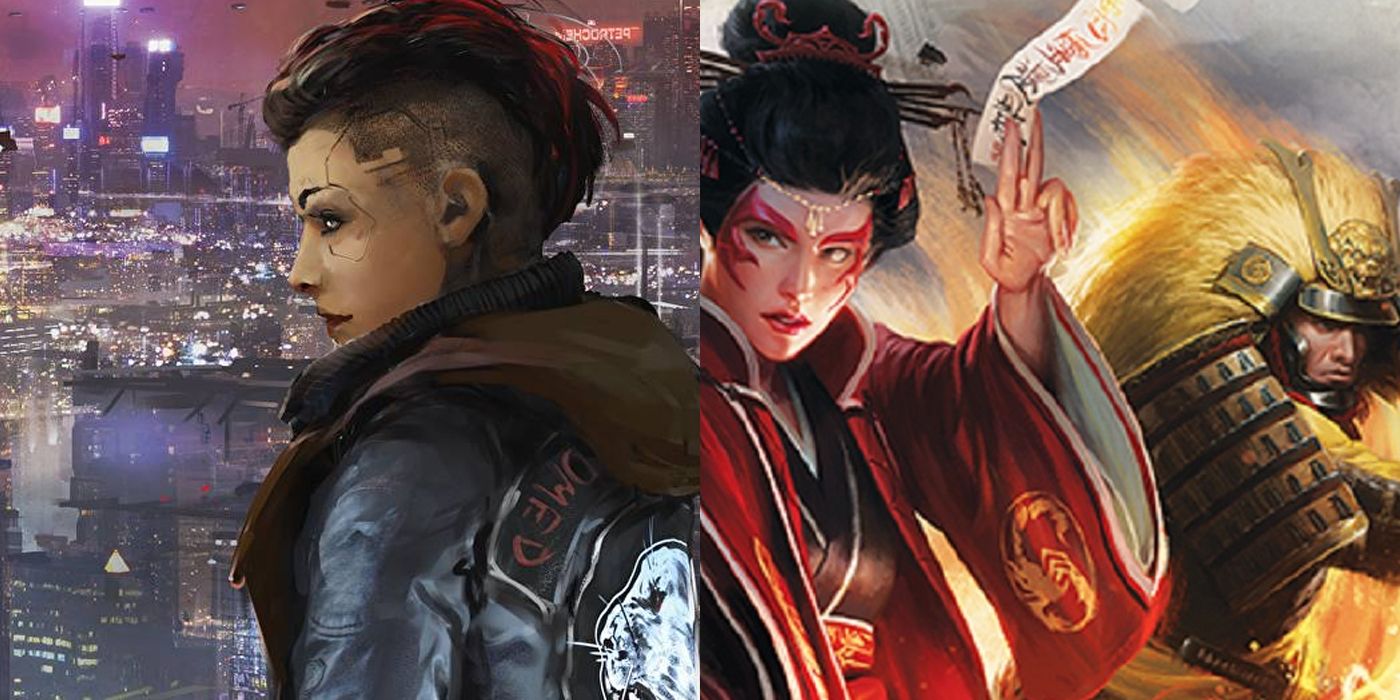
Thanks to Dungeons & Dragons, fans of RPGs can embark on breathtaking fantasy adventures and save the world while doing all sorts of shenanigans. Interestingly, TTRPG fans would soon realize that more games exist outside D&D that might suit their fancy. Aside from Dungeons And Dragons are TTRPGs that explore other genres, tackle new themes, or even take place in some of the best worlds pop culture has to offer.
RELATED: 10 Ways The Elder Scrolls Could Be A Dungeons & Dragons 5e Campaign Setting
Unfortunately, the existence of a ton of TTRPGs may become overwhelming to newcomers to the genre. After all, what TTRPGs should they try that are similar to D&D but still different enough to offer new and captivating experiences?
10 Fiasco
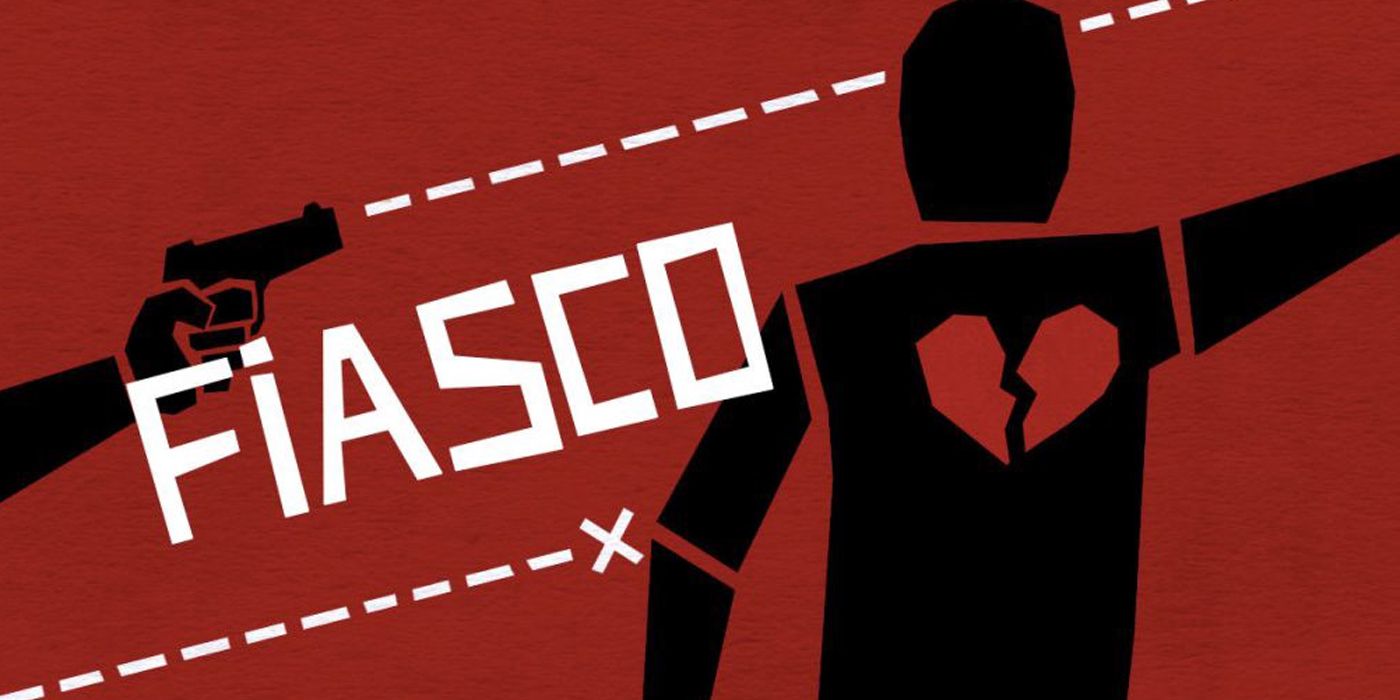
Players who want to exercise their creative juices in quick one-shot sessions would appreciate the lack of complexity in Fiasco. Unlike most TTRPGs, Fiasco doesn't need a GM (Game Master). At its core, Fiasco gives players the opportunity to play out their "caper-gone-wrong" film subgenre. To give an example, the players may be unrelated characters trying to steal the same artifact - only to fail because of their own machinations.
Unlike most games, Fiasco barely needs any preparation. Players will almost always make plot elements on the fly. In turn, players decide characters, types of relationships, their character's needs, as well as potential objects and locations of interest. With Fiasco's rules, each player gets to act out a scene. Interestingly enough, said player succeeds or fails in the scene at the behest of other players, with other cards opening surprise scenarios. In the end, players really only succeed in Fiasco if they end up telling an interesting, entertaining, or hilariously-wacky story.
9 Pathfinder
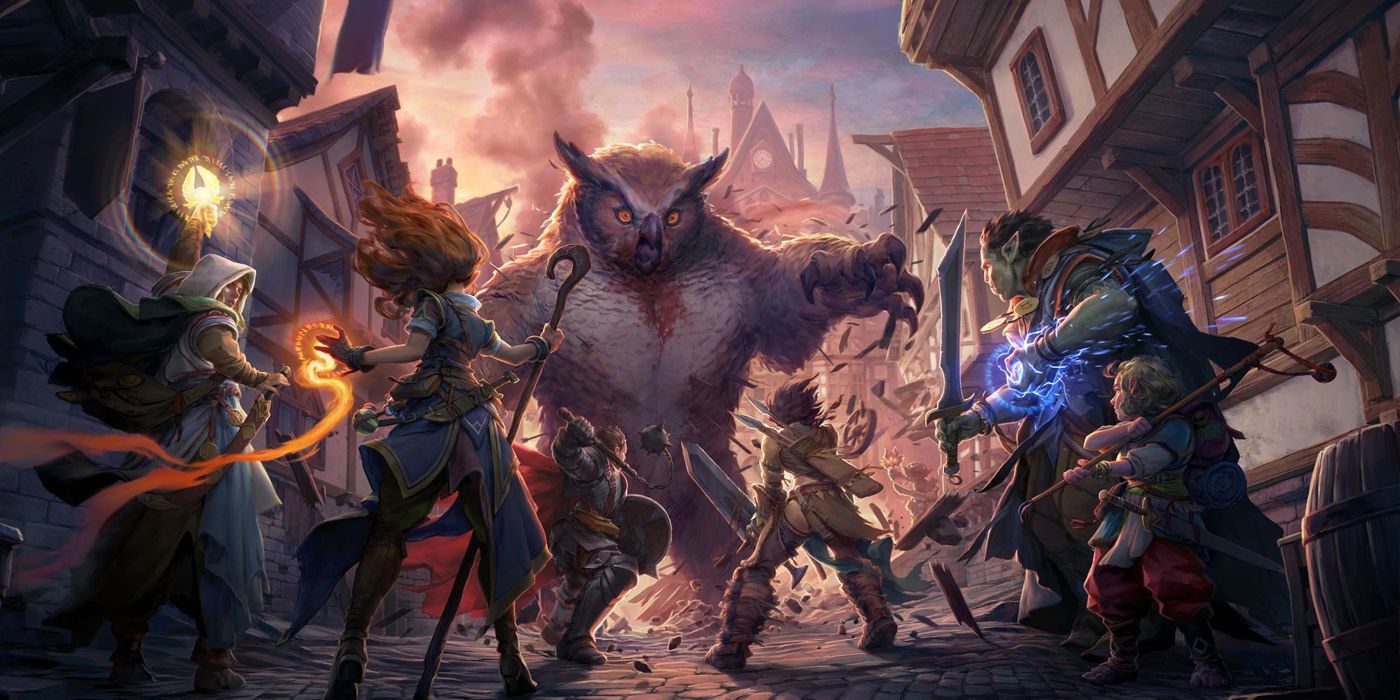
Originally a modification of D&D 3.5e based on the Open Game License, Pathfinder branched out into its own TTRPG. Now with a second edition, Pathfinder serves as a more streamlined alternative to D&D. Essentially, players will appreciate Pathfinder for a more straightforward take on things such as action economy and even stats - resulting in a simpler and more entertaining experience.
As with D&D, players of Pathfinder can play in their own homebrew worlds. However, where things drastically change lie in combat mechanics and character progression as a whole. Instead of having multiple action types, Pathfinder will have actions cost certain points in a limited action pool - effectively simplifying turns. Moreover, all skills scale according to stats and player level, which in turn also simplifies roleplaying. Players who want to experiment with rule-tinkering with D&D can look at Pathfinder for some inspiration.
8 Star Trek Adventures
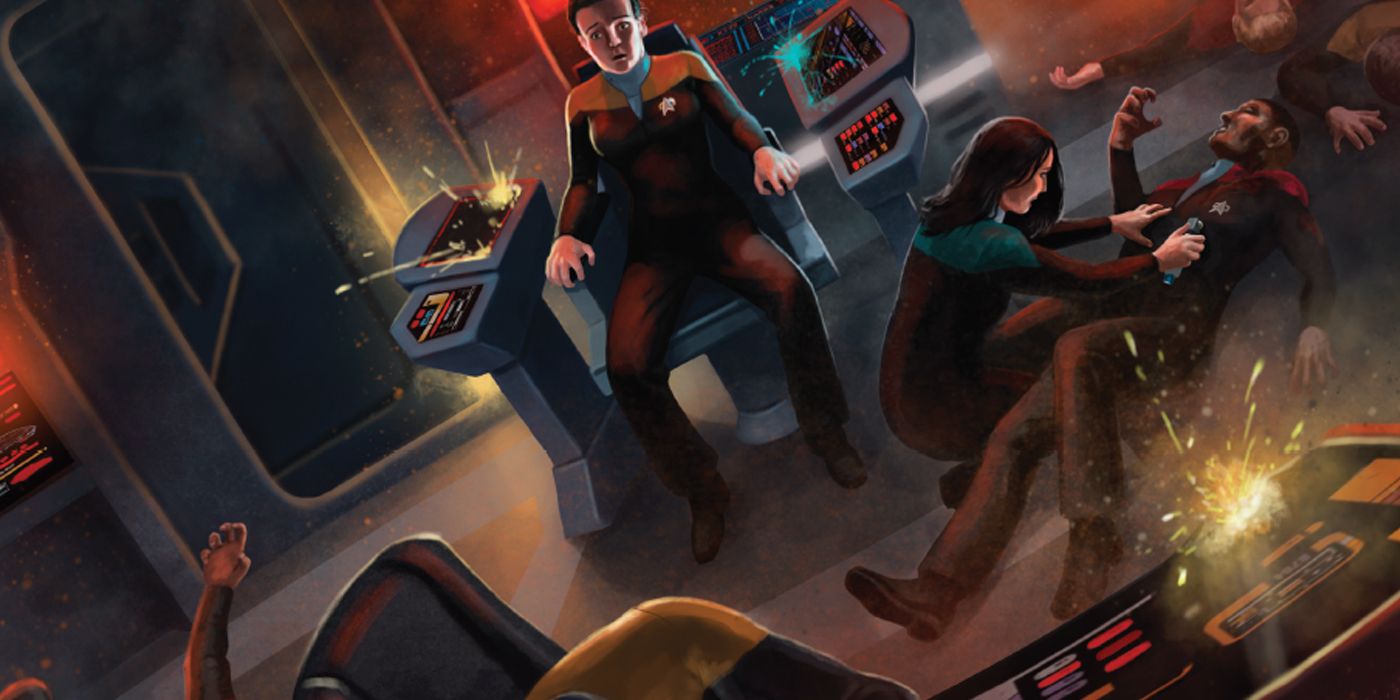
Players who want to boldly go where no man has gone before will love Star Trek Adventures. Anyone who's itching for a sci-fi TTRPG will appreciate the sheer depth Adventures has to offer, especially if it's based on one of the biggest sci-fi franchises around. In Adventures, players take on the role of a Starfleet officer, where they join the likes of Captain Kirk, Picard, or a captain amongst themselves to stop black holes, suppress alien civil wars, and save the Federation from all sorts of threats.
Anyone who loves Star Trek can finally embark on their own adventures amongst the various quadrants of the galaxy. Moreover, hardcore fans can even tailor episodes of any Star Trek series to fit sessions in Adventures (there's a couple hundred episodes, would anyone really recognize the inspiration?) - and have their players become full-fledged crews of the Enterprise or a legendary ship in the making.
7 Masks
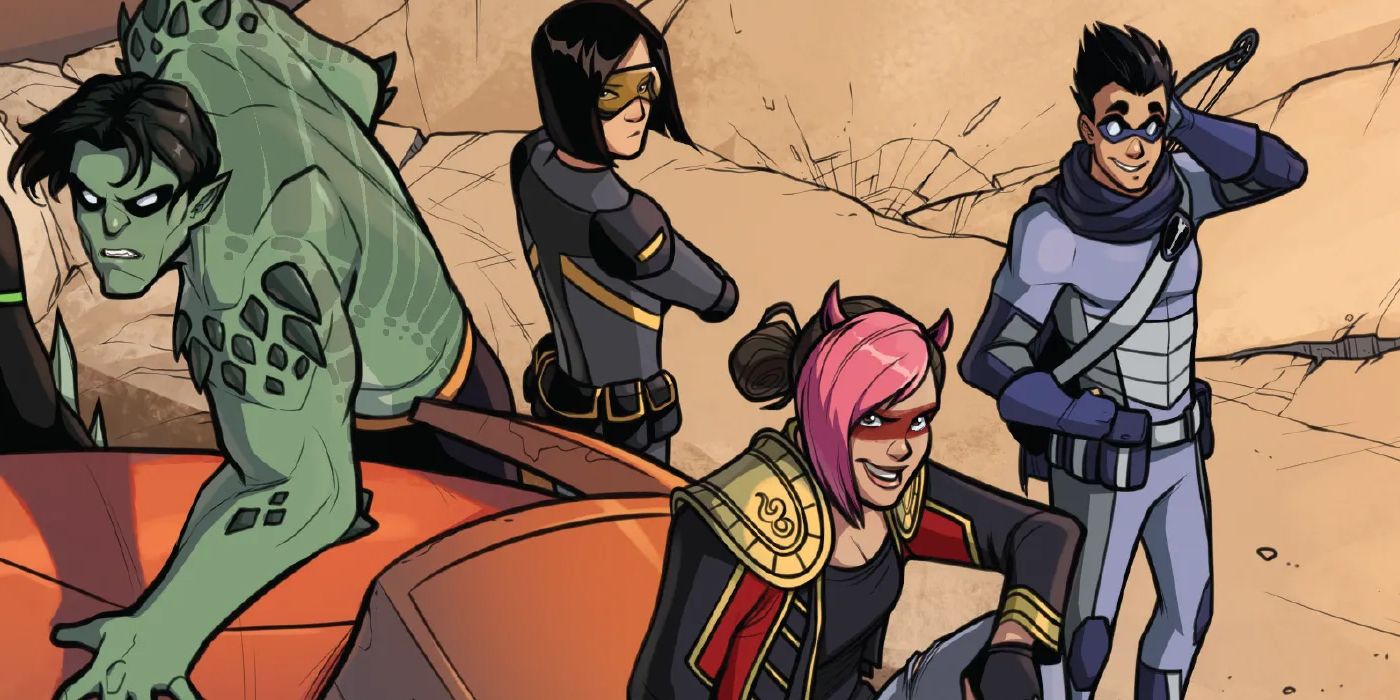
In Halcyon City, it's just a regular day whenever superheroes and supervillains fight. And in Masks: A New Generation, players lead a team of young superheroes to forge their own destiny. In this superhero TTRPG, players can finally live out their Marvel or DC Universe dreams. Moreover, unlike other RPG systems, Masks provides a relatively hands-off approach to creating superheroes.
RELATED: 10 Things You Need To Know Before Starting Your First Dungeons & Dragons Game
In Masks, players forge their superheroes based on playbooks or "basic" archetypes of supers. These include antiheroes (the Reformed), super agents (the Soldier), or people with secret identities (the Janus). Moreover, the degree of flexibility in Masks can inspire players to create their unique superheroes or just play one based on their childhood idols!
6 Leverage: The Roleplaying Game

This 2010 TTRPG is based on the TNT Leverage drama that ran from 2008 to 2012. And while the heist drama adds action-comedy twists to the likes of Ocean's and more serious caper stories, Leverage: The RPG highlights the show's best traits and gives full control of their stories to both players and fans. Albeit not as engrossing as other heist games such as Blades, Leverage: The RPG is a perfect fit for players who want to embark on modern Robin Hood stories.
In Leverage: The RPG, players create a crew based on five distinct Roles, each relying on specializations among similar skillsets. With the Cortex Plus system, players have a fast-and-loose method of creatively resolving problems they encounter throughout the heist. And with its innovate Flashback System, the crew and the storyteller regularly trade "plot points" to make their stories interesting. As a TTRPG based on the heist show, players can even choose the series protagonists as their crew, or even have stories based on the episodes of the show.
5 Cyberpunk Red
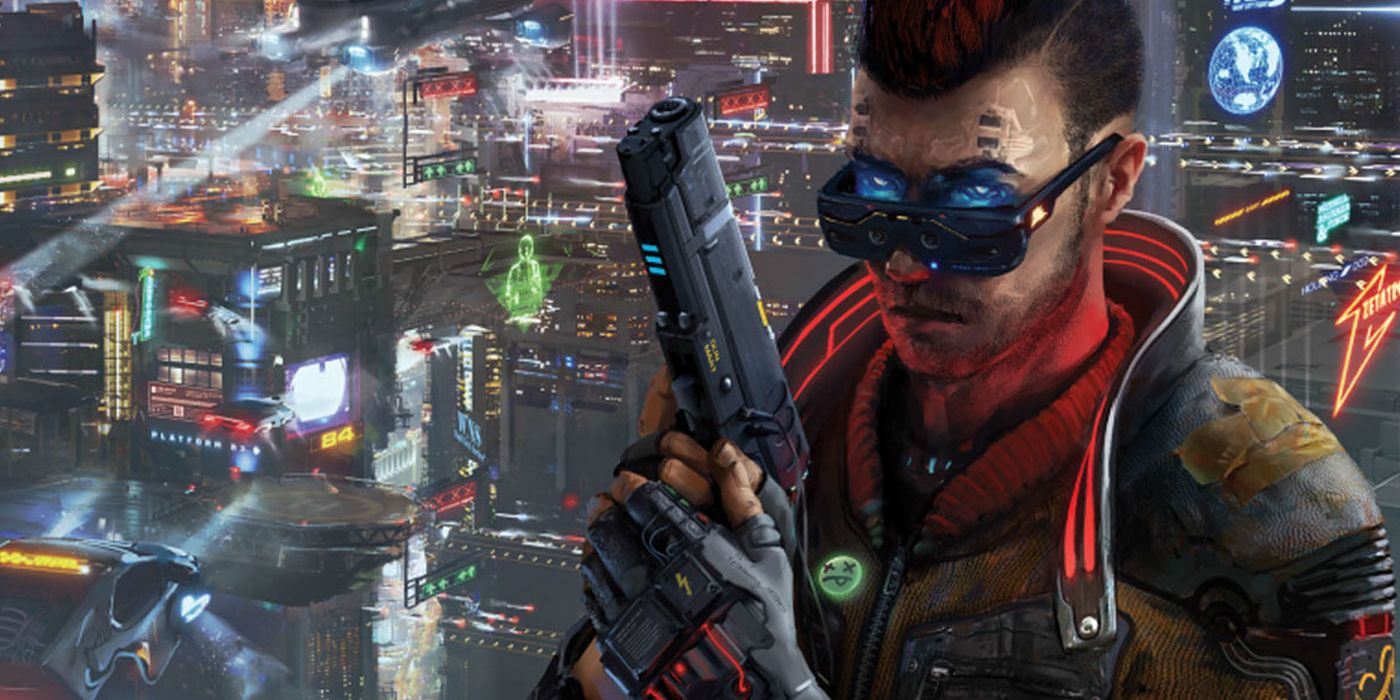
Fans of Cyberpunk 2077 know the hit CD Projekt Red title comes from a TTRPG. As expected, the Cyberpunk TTRPG takes place in a futuristic dystopia where corporations and cybernetics decide the fate of mankind. Unlike other TTRPGs, Cyberpunk tasks players to resolve various issues among the interacting powers of this futuristic landscape. And true to its genre of origin, Cyberpunk forces players to take a stand and redefine their vision of humanity.
In terms of mechanics, D&D fans will appreciate the depth of combat and roleplay Cyberpunk has to offer. After all, the game offers separate mechanics for real-time combat and Netrunning in cyberspace. Additionally, the game has in-depth mechanics for cybernetics and computer programs - something sci-fi fans would immensely appreciate.
4 Blades In The Dark
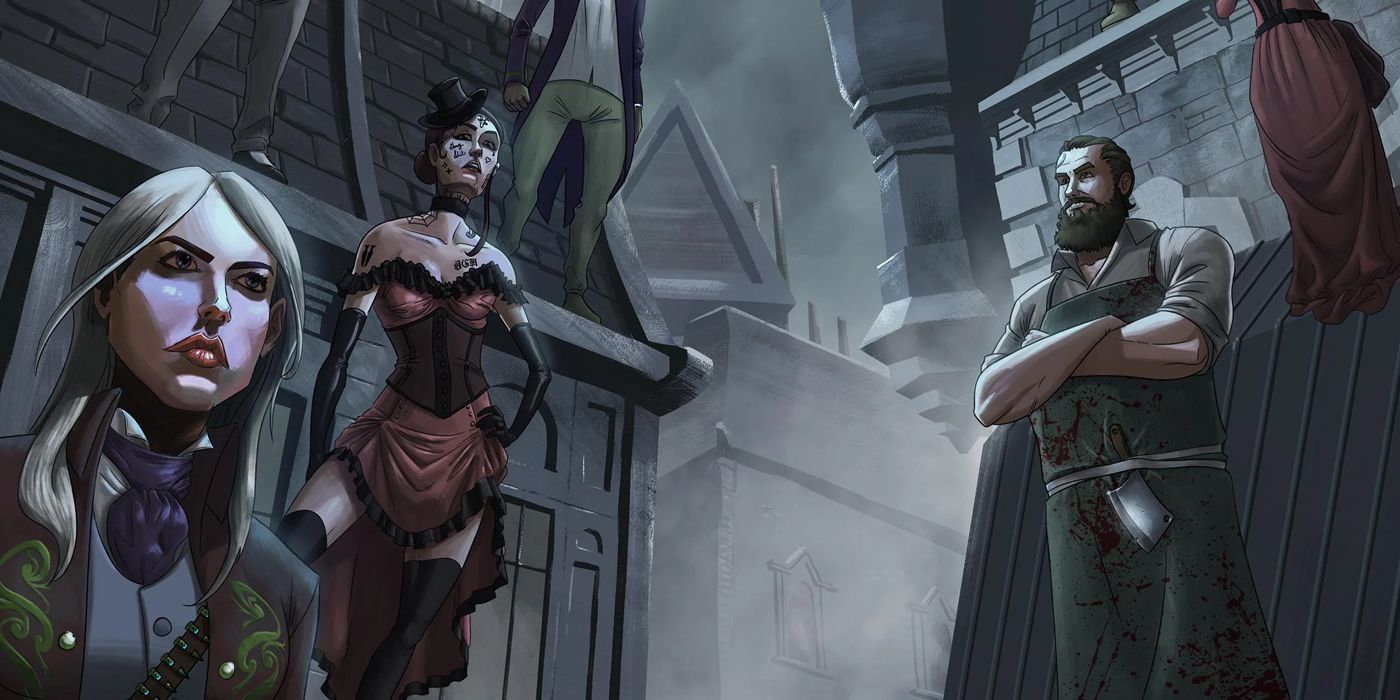
While some call Blades In The Dark a heist RPG, it more or less falls along the line of urban fantasy. Players of the original game may want their sessions to take place in Doskvol, an industrial world where both criminals and supernatural creatures exist. However, where the game specializes is its incorporation of archetype playbooks and a fast-and-loose gameplay format that encourages on-the-spot play for fresher narratives.
RELATED: Dungeons & Dragons: 10 Must-Use Campaign Settings For Your Game Table
Moreover, the unique flashback costing of Blades makes for some colorful plot points. After all, this way, players can spend special resources on in-depth planning prior to the heist or rely on their flashbacks to make the heist work in their favor. Either way, Blades is designed to help the storyteller facilitate a challenging time for players - where they win in the end in a way that's still worth the while.
3 Legend Of The Five Rings
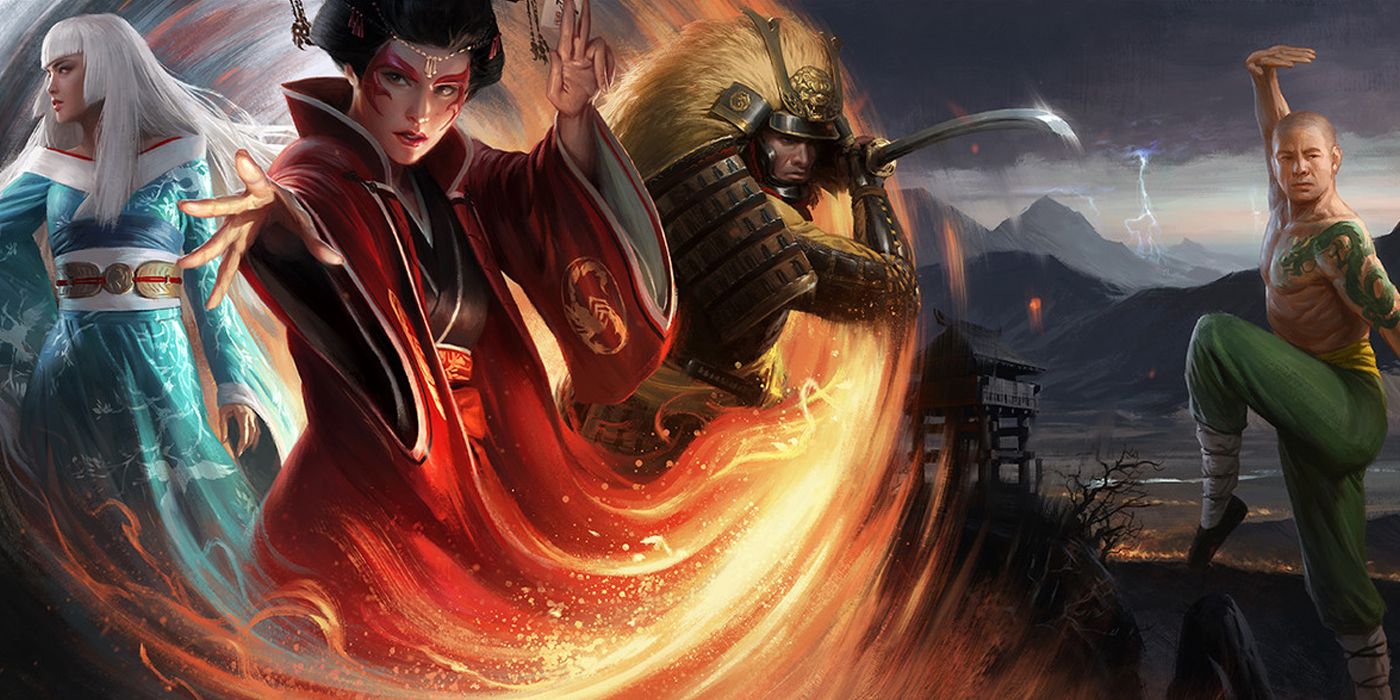
Thanks to Legend of the Five Rings, fans of TTRPG can bring their adventures to the mysterious land of Rokugan. In the Legend of the Five Rings franchise, Rokugan is home to a society and culture similar to feudal Japan and incorporating elements of Asian cultures. Players take on the role of samurai beholden to their lords as they encounter mythical beasts and magic inspired by the vast mythologies of countries in Asia.
Aside from Rokugan's deep lore and culture, players of LOTFR will appreciate the game's innovative approach to roleplay. It makes use of the Roll & Keep system, where players have to keep results of certain dice rolls - be it good or bad. Moreover, players rely on Five Rings, each of which containing pairs of traits, to progress through the game. In LOTFR, consequences matter in progressing the story - a notable trait from the TTRPG.
2 World Of Darkness
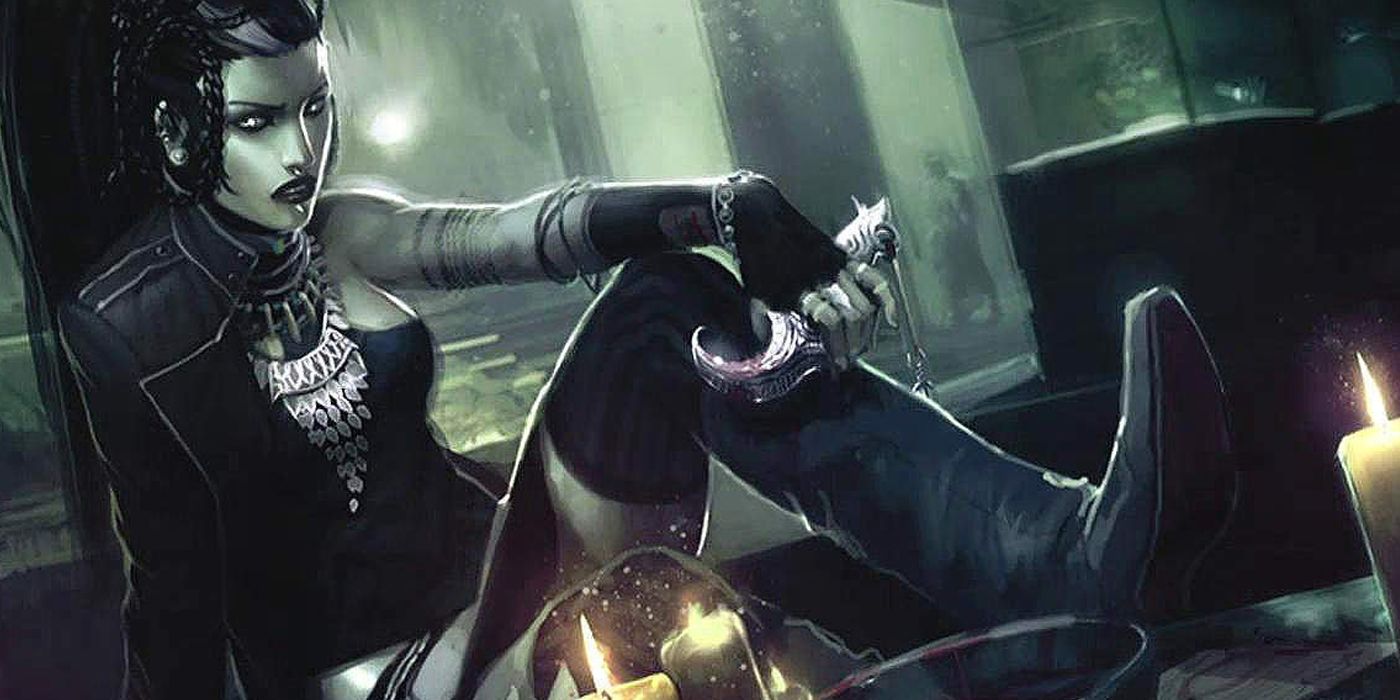
Fans who want to focus more on storytelling and personal narratives would appreciate the character focus World of Darkness offers. In this TTRPG, players become a part of a darker version of the real world - where conspiracies are today's news, secret societies are open secrets, and supernatural creatures roam the night. Unlike other RPG systems, World of Darkness has separate rulebooks dedicated to various supernatural creatures, all designed to fit within the same world.
In turn, players can embark on adventures purely as Vampires, Werewolves, Mages, Hunters, or a mixture of all of them. With a system that relies more on creative attribute-skill mixtures, the World of Darkness can make dialogue just as interesting as combat, and hours' worth of sessions can be about fulfilling the same goal with different approaches - guns blazing, silent as the wind, or through pure bureaucracy. There's always something for all kinds of players in World of Darkness, provided they're willing to embrace the night.
1 Fate Core
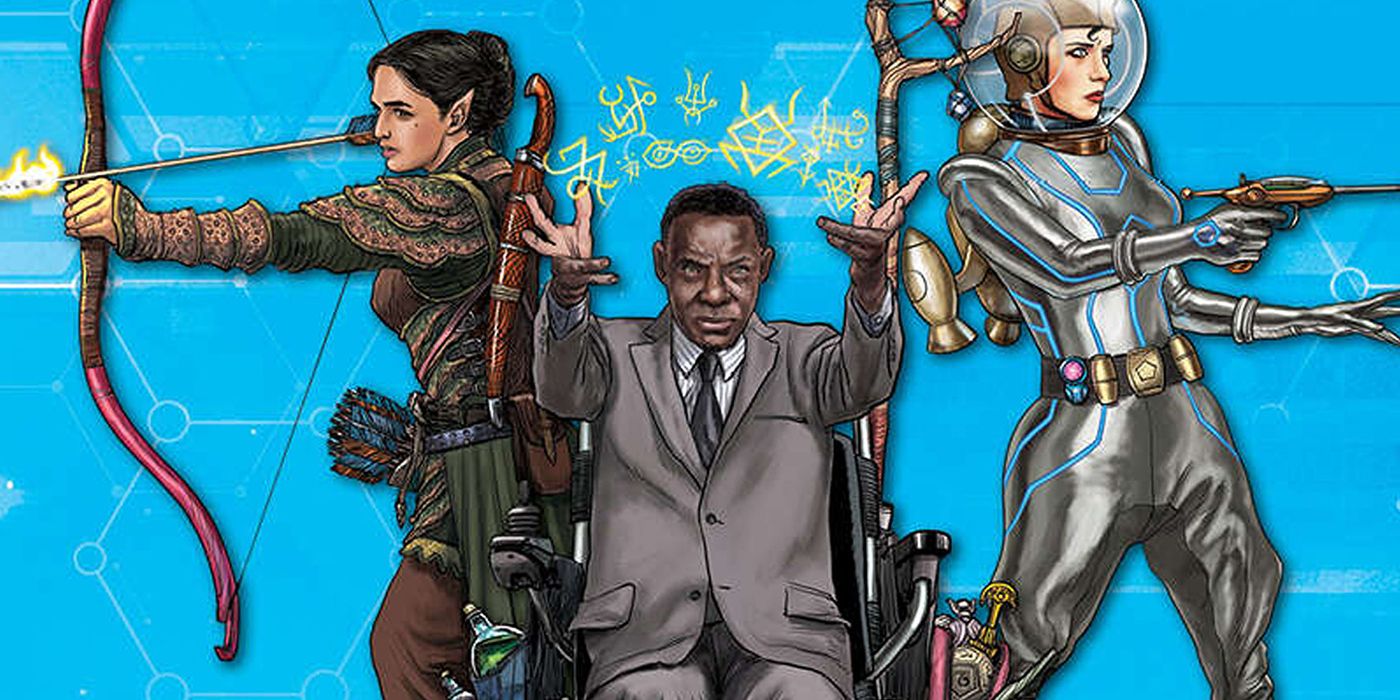
Players seriously in need of a more freeform TTRPG experience will love the Fate system. In fact, it's too free form that there's no default setting - and other RPGs actually use the Fate as their basis. As a result, players can rely on Fate to homebrew worlds of their own without being restricted by the mechanics of other TTRPGs.
Essentially, Fate offers a focus on roleplaying by lessening the need to roll a ton of dice. Instead of standard attributes, players declare special traits or "aspects" that their characters specialize in. As a result, characters more or less are considered "mediocre" in all things except their declared skills. In the process, there's more room for roleplaying and highlighting character strengths. For D&D fans, Fate serves as a good playground to learn how to roleplay both strong stats and dump stats.

